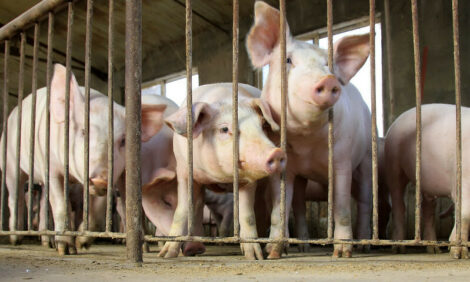



Study: Foods for Radioactive Substances Under Analysis
GERMANY - "Even though radiation emitting radioactive elements like uranium are only contained in small quantities in food, their chemical properties and radioactivity could pose a risk if they are ingested over a longer period in higher concentrations," says BfR President Professor Andreas Hensel."The actual risk is now being assessed within the scope of the cooperation with the BfS," explains Dr Hensel, "In this way, the BfS and BfR will jointly obtain more data for risk assessment."
"Humans cannot perceive or feel radiation with their senses," says Wolfram König, President of the Federal Office for Radiation Protection, "so people must have valid and reliable data, which we provide. This joint study should help us gain a better understanding of possible or negligible risks and enable us to compare and classify them."
In the BfR MEAL Study, the BfR is examining foods for the first time in Germany for various substances such as nutrients, heavy metals and food additives in order to determine the mean concentrations of these substances in the average human diet.
Of the foods already prepared in the kitchen of the BfR MEAL study in typical home-cooked fashion, the BfS is given selected samples to examine for various natural radionuclides such as uranium, radium-226, radium-228 and lead-210.
The background of this is that natural radionuclides can occur in different concentrations and combinations in rock and minerals everywhere in the environment, which means that they can also be contained in foods.
The selection of the foods by the BfS is based on the National Nutrition Study II and covers above all cereal products, vegetables, potatoes, dairy produce, meat and fish. The BfS analyses various radioactive elements in the food samples and will make dosage estimations for the general public on the basis of the test results.
The BfR MEAL Study was commissioned by the Federal Ministry of Food and Agriculture (BMEL). It is set to run for seven years and will essentially take into account the entire range of food consumed in Germany. The goal is to gain information for the first time in Germany about the concentrations of various substances contained in the foods eaten by consumers.






